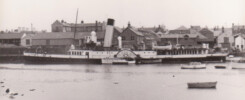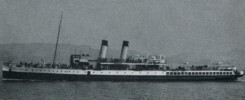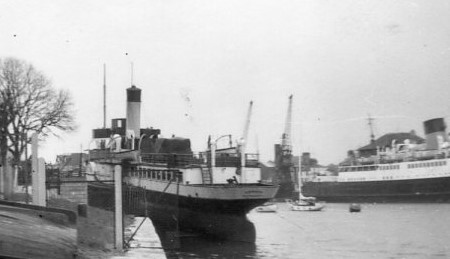
On Monday 29th January 1962 Consul was up on Cosens’s own slipway in Weymouth for her annual survey by the Board of Trade. This was earlier than usual. March was better by which time the weather might be a bit nicer and more suitable for applying paint. But needs must. And in 1962 there were issues being discussed about Consul’s hull structure. Put her up earlier and there would be more time to sort out any problems before the season.
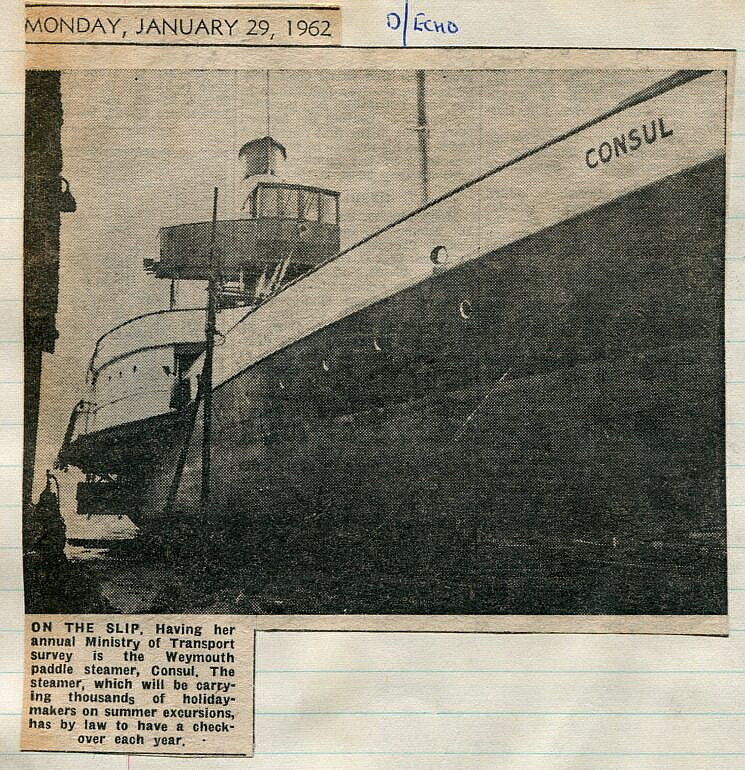
By 1962 Consul was sixty six years old. Her hull plates were sixty six years old. That is a great age for a ship designed to last for about twenty five, maybe thirty, years and then be scrapped. Consul had done very well. But the Board of Trade had concerns. Drillings were requested in the shell plate to ascertain its thickness. There was a lot of humming and hawing.
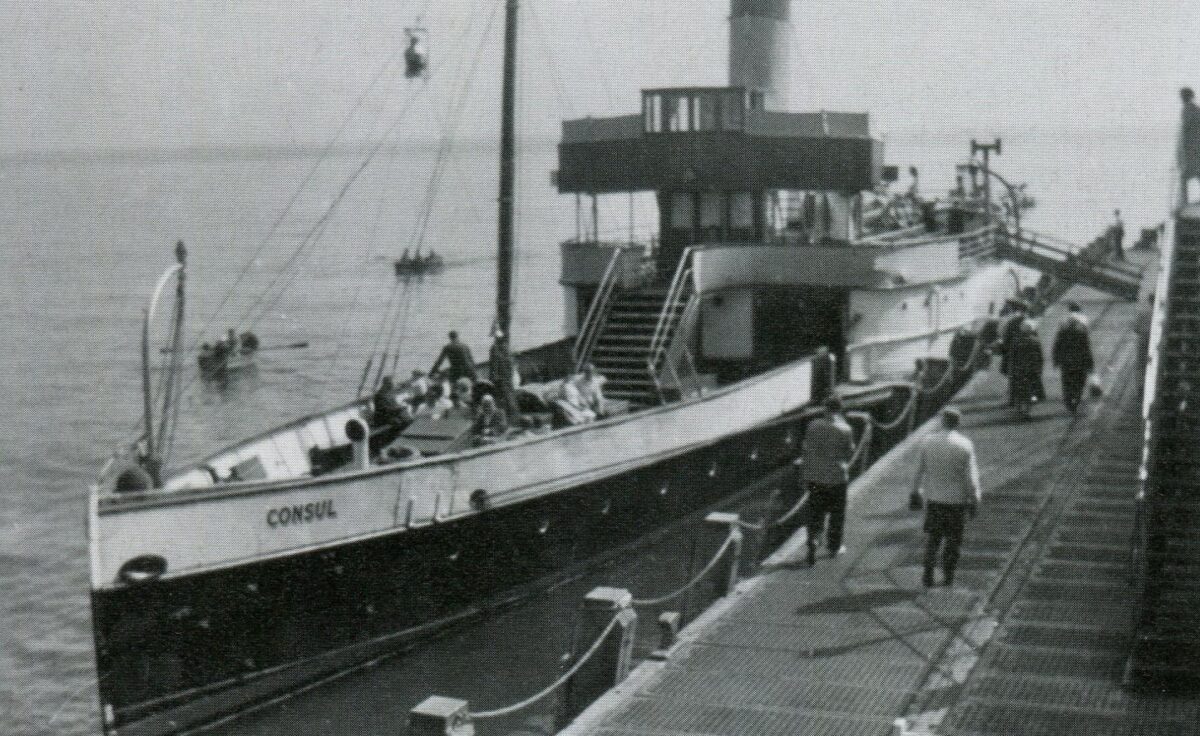
Also, in common with many paddle steamers of the time, Consul had a cement wash in her bilge. This had the advantage of protecting the steel plates from corrosion from any water lying in the bilge. But after a while with ships working at sea and the hull flexing ever so slightly, particularly in lightly constructed ships like paddle steamers, the concrete started to crack and rather than protecting the steel from water, it trapped water underneath it making the problem worse.
The BOT was not content with what they found. However they would consider making a compromise for the 1962 season by restricting Consul to sailing just in Weymouth Bay in an area bounded by Portland Bill in the west and Lulworth Cove in the east. They were not content to re-issue her Class III Passenger Certificates for trips on the Swanage, Bournemouth and/or Totland Bay, Isle of Wight.
In early March Consul returned to the water but as if to prove the BOT’s point started to make water once back afloat. I can remember cycling past her on my way home from school on the day she came off the slipway and noticing that her green boot topping aft was underwater. My first thought was that the line of the boot topping had been painted incorrectly. But no, Consul was making water, was down on her marks and so had to be hauled out of the water once again on the slipway to effect a repair.
After that Board of Trade surveyor Len Mutton, who I got to know in 1982, put his foot down. As a result for the 1962 season Consul would be restricted only to sail in Weymouth Bay. However Cosens already had a charter for her from Bournemouth on the afternoon of Wednesday 20th June in connection with a conference. What to do about that? In the end Len granted a one day, one off exemption so that she could fulfill this prior commitment although as it turned out when the day dawned it was windy and wet so Consul’s last ever scheduled sailing from Weymouth to Swanage and Bournemouth never took place.
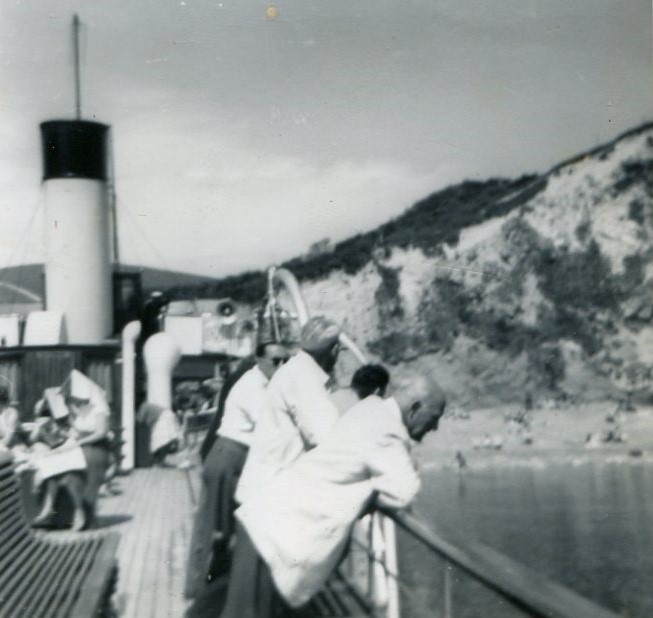
As a result Consul sailed only on trips from Weymouth to Lulworth Cove, Portland Harbour, Portland Bill and the Shambles Lightship in the 1962 season. It turned out to be a summer of mixed weather and generally poor loadings. There were some fine and sunny days. There were lots more when the wind blew and the rain fell. After that Cosens realised that the game was up for Consul and sold her for scrap.
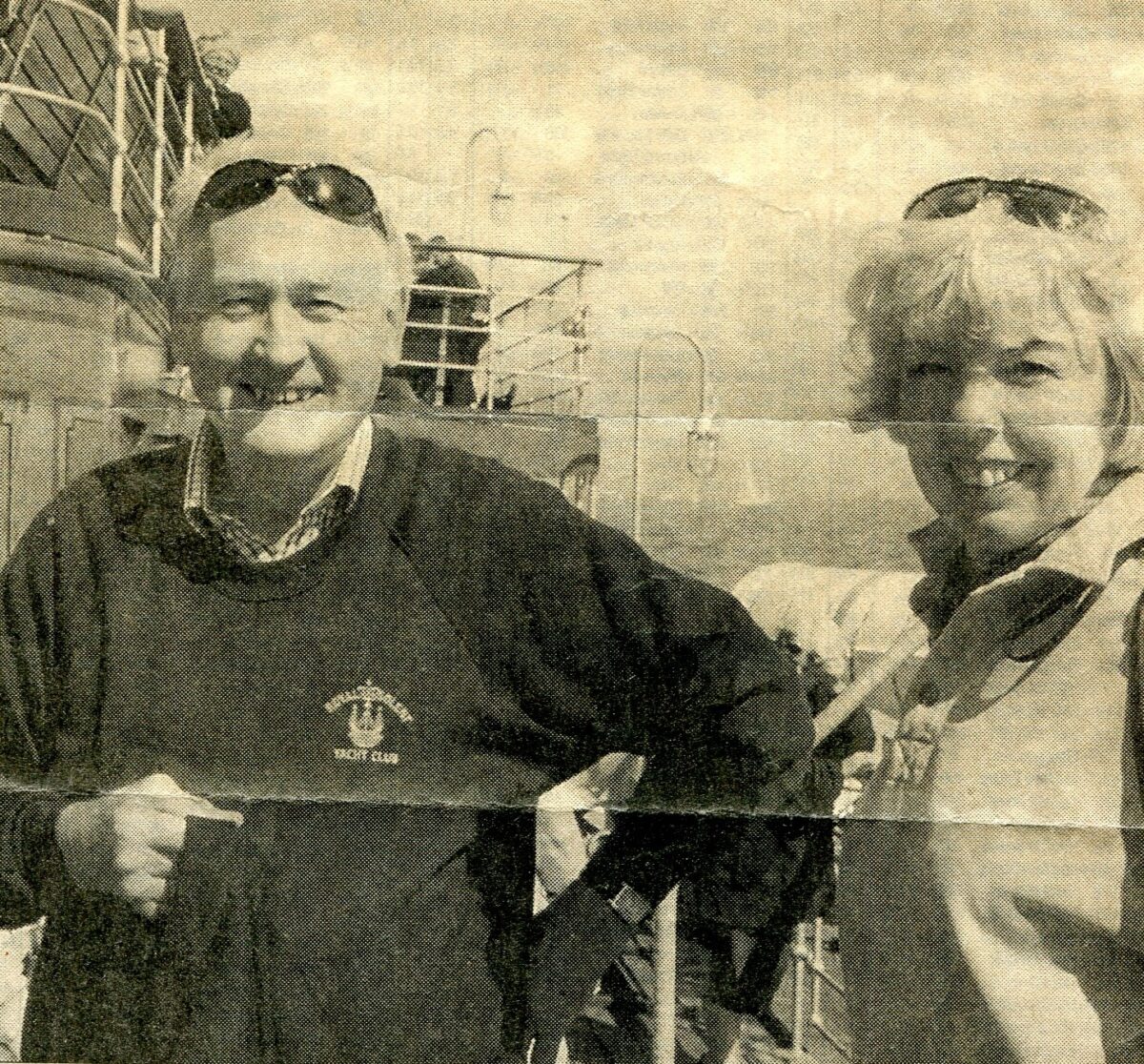
There is an old saying that you don’t know what you don’t know. And one of the founding fathers of the PSPS Tony McGinnity knew none of this recent history when, egged on by the enthusiast community, he bought Consul from the scrap dealer in the spring of 1963. But that is another story for another day.
Kingswear Castle returned to service in 2023 after the first part of a major rebuild which is designed to set her up for the next 25 years running on the River Dart. The Paddle Steamer Kingswear Castle Trust is now fund raising for the second phase of the rebuild. You can read more about the rebuilds and how you can help if you can here.
John Megoran
This article was first published on 29th January 2021.

